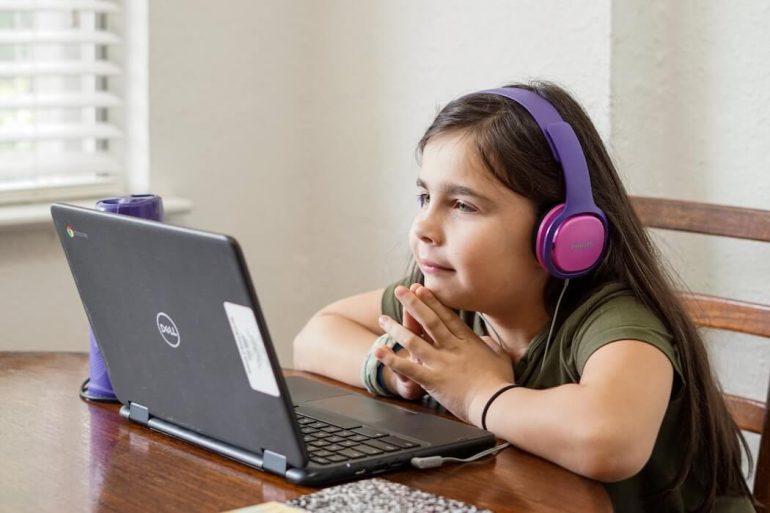Grandir Sans Frontières (GSF) is set to receive $1.125 million in funding from the Government of Canada through the third installment of the CanCode program.
This investment builds on the federal government’s initial $750,000 contribution to Verdun, Québec-based GSF in 2019. In that year, 21 organizations, including GSF, received a cumulative $12.4 million through the CanCode program.
Founded in 2003, GSF is a Canadian charity organization that specializes in providing digital literacy training for all types of audiences, with an emphasis on people aged five to 17.
Backed by fresh funds, GSF said it aims to create more than 8,000 technology training opportunities for youth living mainly outside major cities with its Déjouez Les Codes! Project.
“This project provides a framework and relevant, innovative tools to address the issues magnified by the recent health crisis,” said Anaïs Michot, president and CEO of GSF. “It will allow us to bridge the digital divide and promote the acquisition of technology skills that will enable the next generation to create, innovate and build the society of tomorrow.”
RELATED: Walo secures $1.1 million to teach kids financial literacy
According to the Canadian government, 29 organizations across Canada will receive CanCode funding through the third installment.
Created as a way to promote learning digital skills such as coding, data analytics, and content creation, CanCode was launched with $50 million in 2017 as part of the Innovation and Skills Plan.
The program was renewed in 2019 with $60 million, and in 2021 with $80 million. In its first phase, CanCode claims to have helped provide coding and digital skills training to 1.9 million Canadian students and 96,000 teachers. By March 2021, in its second edition, CanCode said it provided more than two million training opportunities.
When CanCode was extended last year, the Government of Canada said it intends to provide an additional three million training opportunities to students and 120,000 to teachers, with a focus on youth from under-represented groups.
Featured image via Unsplash.


